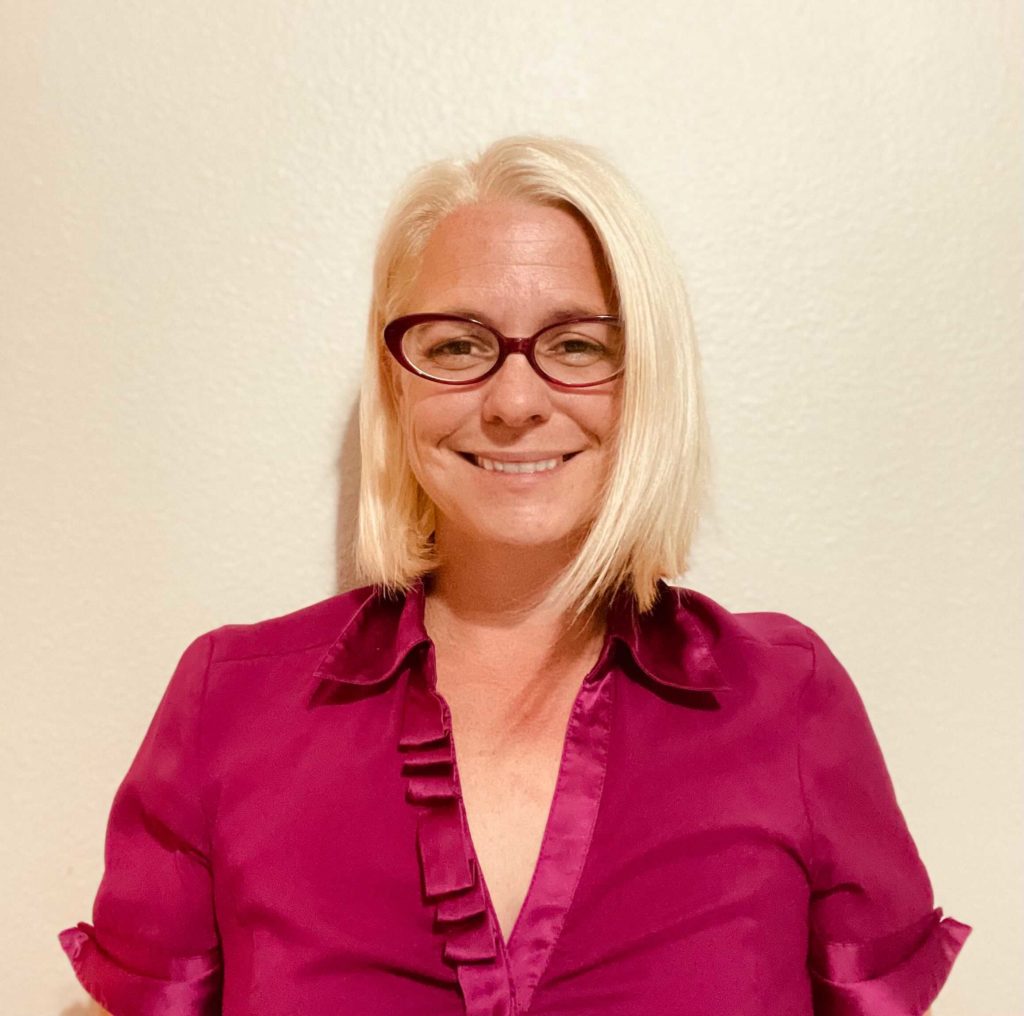CNote profiles partner CDFIs and their successful borrowers like Linda Newman (pictured) owner of Points Unknown, an off-the-grid homestead and sled dog-based adventure company in northern Minnesota. She got a loan from The Entrepreneur Fund, a CNote partner CDFI.
Blog post by CDFI Coalition Member Stacy Zielinski of CNote
As a former loan officer for two Milwaukee-based CDFIs — The Wisconsin Women’s Business Initiative Corporation and Milwaukee Economic Development Corporation — I got the chance to work hand-in-hand with clients, provide technical assistance, and witness job opportunities being created in my community on a daily basis. For those who keep our nation’s CDFIs up and running, you know the work. For me, that work had an even deeper personal significance. In 2007, after being turned down by bank after bank, my husband and I received our first business loan through a local CDFI. It wasn’t the capital alone that propelled our business toward success; rather, first and foremost, the CDFI gave us an opportunity to be successful, and that opportunity came with the belief and support we needed to succeed.
Fast-forward to today. I’m no longer a loan officer for a CDFI, but I am the Community Development Director at CNote, a women-led, certified B-Corporation fintech company that streamlines investment into CDFIs. In many ways, my work isn’t so different than it was when I was working to support entrepreneurs and small business owners in Wisconsin. That’s because just like CDFIs, our mission at CNote is to close the wealth gap and to build a more inclusive economy in the United States. How do we do that? – By introducing investors to one of America’s best-kept secrets: CDFIs.
As someone who has deep roots in the world of CDFIs, I believe there’s a few things that need to happen to do be successful in that mission:
- Making CDFIs Accessible to Everyday Investors: Whether we call it environmental, social, and governance (ESG) principles, SRI, values-aligned, or impact investing, now, more than ever, investors want their investment dollars to do good in the world. More so, today’s impact investors are drawn to the idea of place-based and thematic investing (i.e. investing in Atlanta, investing in women, investing in affordable housing, etc.). Whereas CDFIs have been doing this work and creating impact in their communities for decades, they’ve traditionally been inaccessible to most investors. CNote’s role in making CDFIs accessible to both institutional and individual investors is leveraging technology. The platform makes it possible for investors to invest in organizations that reflect their personal or corporate values and achieve that alignment through a portfolio of diverse CDFIs. In short, investors want to invest in the impact being created by CDFIs and we’re doing our part to build those bridges.
- Providing CDFIs a Flexible, Reliable Source of Lending Capital: As anyone who works with CDFIs knows, lending capital is an essential piece of creating meaningful impact. It can, however, be inconsistent in timing, a compliance headache, or even a pair of administrative handcuffs if the capital comes with restrictions that limit how and to whom it can be distributed. CNote works in tandem with CDFIs to understand what capital structure offers a level of freedom and flexibility they’re not often afforded by traditional sources of capital.
- Giving CDFIs the Opportunity to Grow at Their Own Pace: It is critical for CDFIs to secure sources of lending capital that can grow with them, similar to a working faucet. That means that money can be accessed when needed but that doesn’t overwhelm the organization all at one time, like a flood. This is especially important for small- and medium-sized CDFIs. With traditional sources of capital, it can be difficult and quite expensive for small and midsize CDFIs to launch and administer new loan programs and deploy capital. In partnership with CDFI staff, CNote works to understand their business model to provide the amount of capital that they’re equipped to handle at that point in time. Therefore, what we can do, particularly for small and midsize CDFIs, is to create a long-term source of just-in-time lending capital that allows CDFIs to grow and scale their operations at their own pace without having to pay interest on dollars they don’t yet need.
As one of the CDFI industry’s biggest cheerleaders, we’re committed to highlighting the impact CDFIs are having in their communities and educating investors on the role CDFIs play in reducing inequalities in our financial system. As we bring new investors into the fold, we also aim to engage a larger collaborative coalition of community-driven financial lenders that share a responsibility and a mission to address economic injustices and inequalities in our society.
We have a long way to go, but I am hopeful that we’ll get there. My optimism is fueled by my experience working with CDFIs — as a small business owner, a loan officer, and in my current role at CNote. There truly is strength in numbers, and together, we have the power to close the opportunity gap and make access to capital more equitable — for everyone.

Stacy Zielinski is CNote’s Community Development Director. In that role, she builds capital partnerships with community finance organizations. Stacy has more than a decade of experience working in the CDFI industry.
